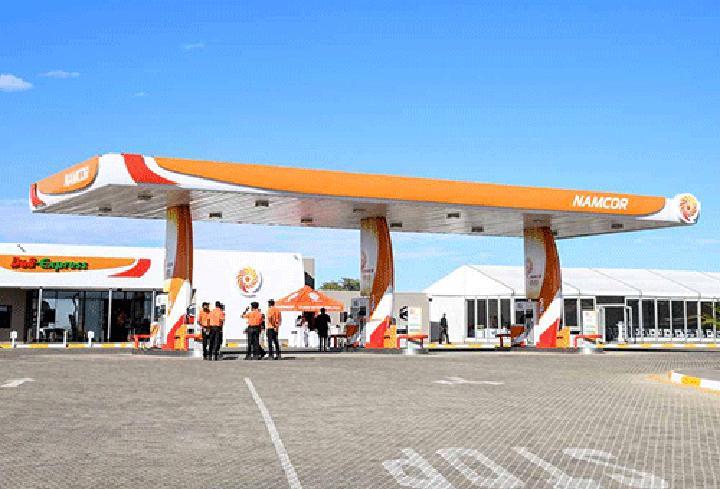Africa-Press – Namibia. A financial mess at the National Petroleum Corporation of Namibia (Namcor) has some analysts questioning the existence of the entire entity.
Others described the situation as a matter of national concern and an unacceptable drain on taxpayers.
This is after Namcor this weekend revealed a horrid financial situation unfolding at the national oil corporation.
A net loss of over N$1.2 billion was reported for the 2022-23 financial year, including an N$800 million debt due within about the next two months.
This deplorable situation at Namcor has unfolded despite the corporation having received a N$1.2 billion government guarantee in April 2024.
This guarantee was used to secure loans from commercial banks, the proceeds of which were used to settle a major part of the already long-standing debt.
This propensity of borrowing to finance existing debt, which is basically using debt to pay off debt, has left Namcor in the same, if not worse off, financial position.
Through this questionable fiscal practice, Namcor reduced its total debt from N$3.3 billion to about N$2.1 billion.
Commenting on Namcor’s precarious dilemma, economist Josef Sheehama said the corporation’s financial situation is a matter of national concern because issues pertaining to its operation will affect Namibia more broadly as a whole and its trading subsidiary in particular.
“Namcor board members and management fail to take the necessary precautions to guarantee that the organisation is well-maintained and employed as efficiently as possible. State-owned enterprises cannot be bailed out without consequence management. Public funds were squandered on an endeavour that is failing because of carelessness,” Sheehama pointed out.
He added that a cycle of bailouts could emerge, which could impact public budgets and hinder the development of a competitive market.
“A lack of accountability, inadequate oversight and monitoring standards, and ineffective consequence management are the diseases of bad governance that plague the restoration and maintenance of credible governance, which has been plagued by allegations of corruption and a liquidity crisis. Significant control deficiencies, a breakdown of controls pertaining to compliance with laws and regulations, and a lack of action taken against those who violated them resulted in stock loss, a deteriorating debt book (N$841 million) and an accumulation of unmanageable debt overexposure, all of which contributed to severe cash flow constraints,” Sheehama added.
Similarly, economist Eben de Klerk did not pull any punches in his Namcor assessment.
“Namcor has no reason to exist. It gets income from fuel levies and now needs further bailouts from the taxpayer. And then it uses the income from taxpayers to compete with the private sector. It is a proper example of an ‘Institution of Extraction’ as defined in the book ‘Why Nations Fail,” he remarked.
In the statement issued this weekend, Namcor stated that most of its historic and current challenges are predominantly rooted in the trading subsidiary. This is evident from the financial results for the last few years from Namcor’s trading arm, which recorded inconsistent performance.
In the statement, Namcor attributed the poor performance of the trading arm to “a combination of serious governance lapses, non-compliance with policies and operational systems challenges. These include inadequate internal controls, system overrides, stock theft, trading losses and potential reckless trading. Since 2018, the cumulative impact of these shortcomings has progressively weakened Namcor’s operational effectiveness and financial sustainability”.
Namcor revenue increased significantly from N$610 million in 2017/18 to N$7.4 billion in 2022/23.
However, the company stated that this growth was accompanied by a steep rise in the cost of sales, which escalated by some N$7 billion from N$559 million to N$7.5 billion from 2017/18 to 2022/23.
“In fact, the sharpest losses were recorded in 2023 when Namcor posted a net loss of N$1.3 billion, indicating that high revenue growth alone did not translate into financial sustainability. It is crucial to note that these losses were predominantly driven by Namcor Trading, which engaged in high-volume transactions that failed to generate sufficient margins,” the corporation stated.
For More News And Analysis About Namibia Follow Africa-Press






